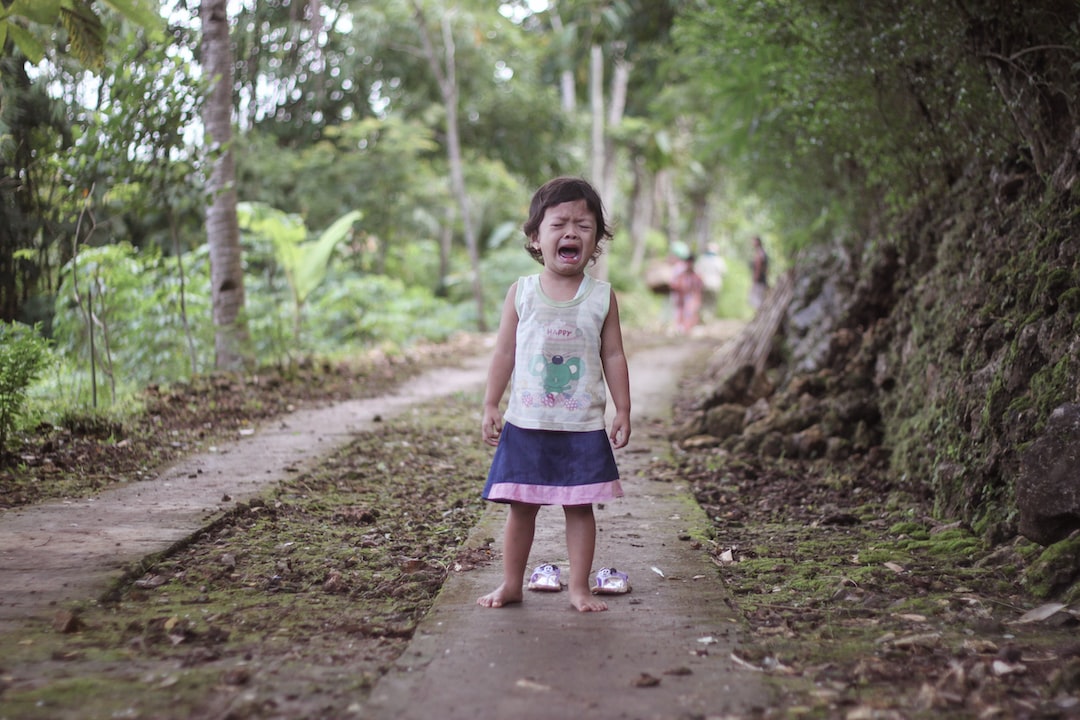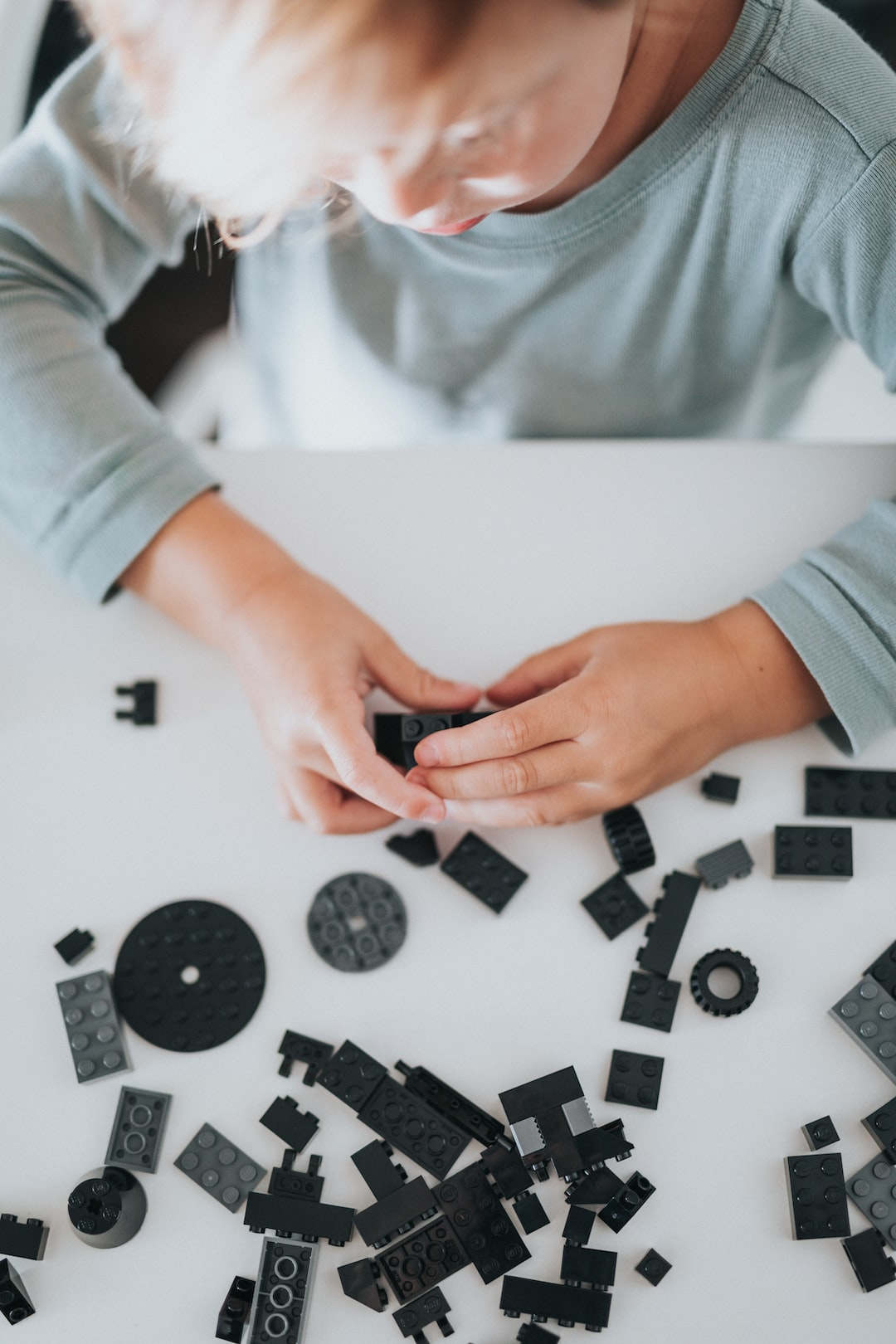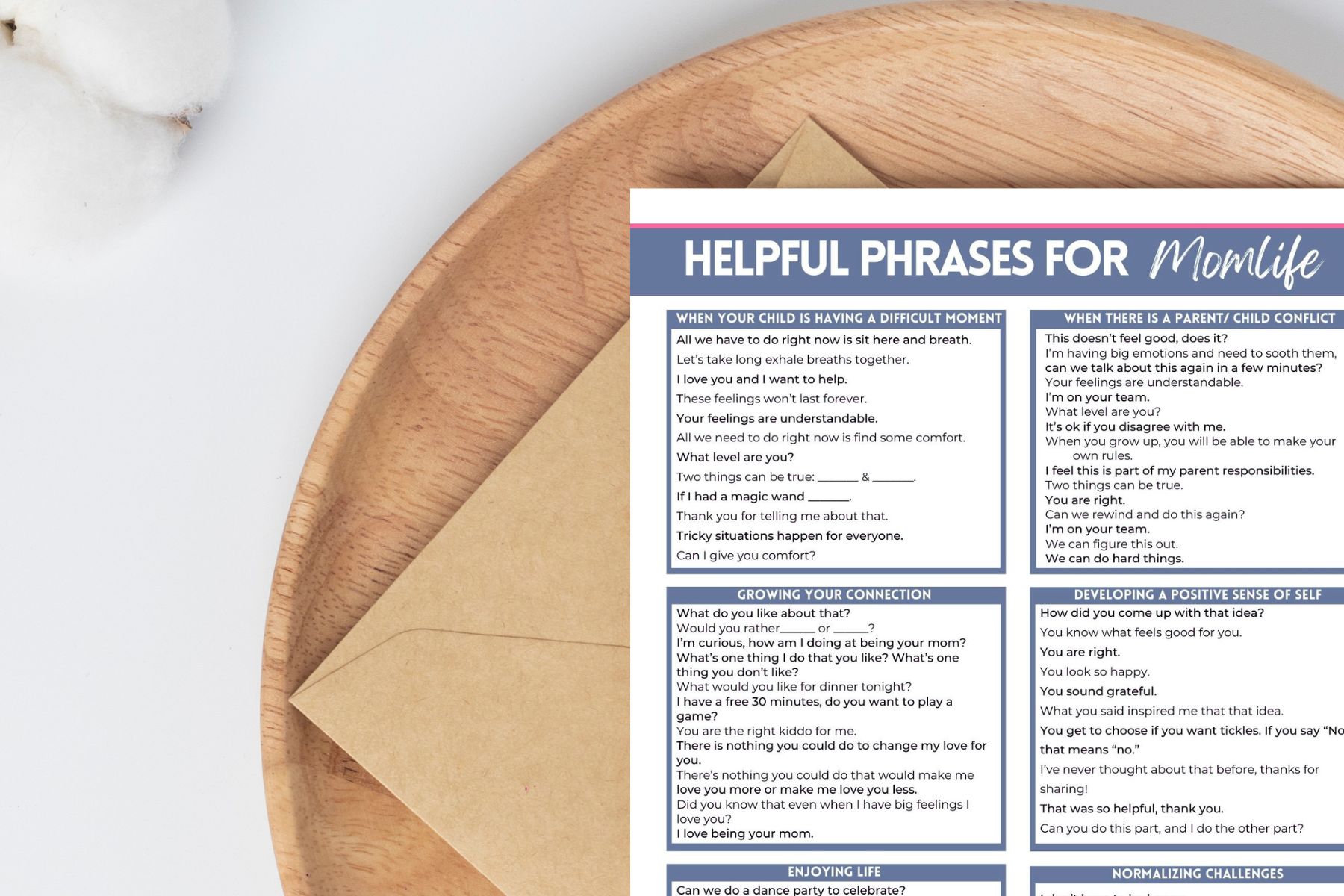Helpful Phrases for Momlife

Have you ever found yourself in a moment in momlife where you didn’t know what to say? Like you were literally at a loss for words? Maybe you stopped yourself from saying the words that wanted to pop out of your mouth because you know they would make the situation worse. Or maybe you have a value you want to instill in your child, but no model from which to base your words on. Well, if so, I’ve got something helpful for you today.
In this post, I’ll be sharing some helpful phrases that, when incorporated into your momlife, will bring about more happiness, connection, and ease for you and your kiddos.
Would you rather listen than read? Check-out this episode of the Mama Simpatico Podcast
When I first became a mom, and before my deep dive into mindfulness, I found an info graphic-type image on Pinterest that had a list of something like 100 positive things to say to your child. I can’t remember exactly what it was (or I'd link it and give credit!). I loved it so much, I printed it out and put it on the fridge. Every time I went to the fridge, I would read one or two and bring them into my interactions with my daughter. And while I generally knew that I was speaking in positive ways with her, I enjoyed the model of new ways I could say things.
I enjoyed the model of new ways I could say things.
And since becoming immersed in mindfulness, I have begun to see that the words I use to support the values I want to communicate to my girls come more easily. In my early days, I leaned on models where I could find them. Then, through mindfulness and meditation, I grew to understand more about human thoughts, emotions, and behavior relationships as well as my own felt experience in this world and I needed models less. It comes more naturally to me now.
And this is my hope for you. You’ll dive deep into mindfulness, including a meditation program, and you will begin to have more clarity about the most skillful path forwards with your kids. However, a deep dive into mindful living isn’t for everyone! And even if it is for you, scripts are helpful in the meantime. So take these phrases as a good running start at approaching momlife with skillful communication.
I want to briefly caveat this post with the idea that no situation is so simple that a phrase will solve everyone’s big emotions or problems or meet all of your or your child’s needs. Each and every situation is as unique as we are and I don’t want to downplay your challenges. Rather than thinking of these phrases as a solution to a tricky situation, try thinking of them as a tool that may allow you to navigate the trickiness with a bit more ease. Kind of like a good pair of shoes helps you more easily navigate a hike on rough terrain.
So if you are struggling to find skillful words to use in your daily life as a mom, words that feel emotionally healthy and help promote your growing connection and traits like resiliency, here are some options for you.
I am going to break these phrases down into 6 kinds of situations that happen in momlife. And if you are a visual person, or like me and want to have something you can put on the fridge, I’ve got you covered. Here is a link to a free one page printable for these phrases.
The 6 situations I’ll be covering are:
When your child is having a difficult moment
When you find yourself in parent/child conflict
When you notice ebbs and flows of connection
When you are hoping for the best for your child’s future
When life is good or there is a good moment
When you want to normalize challenges in life without causing anxiety
1) Supporting a child with their difficult moment
This is a situation wherein a child experiences a difficult moment that you are not part of. For example: someone was mean to them at school, they are disappointed their friend is too busy to play, or they are having a conflict with a sibling.
If we want to show our kids that they can come to us in these challenges, and count of us to help them navigate it (not fix it for them), then we can use words that help them regulate their emotions, validate their experience, and empower them to solve their problem
Here are some phrases that might help:
All we have to do right now is sit here and breathe.
Let’s take long exhale breaths together
I love you and I want to help
These feelings won’t last forever.
Your feelings are understandable.
All we need to do right now is find some comfort.
Two things can be true.
If I had a magic wand I would fix this.
Thank you for telling me about that.
Tricky situations happen for everyone.
Can I give you comfort?

2) Coping with parent/child conflict
This is a situation wherein you and your child want something different, often things that seem mutually exclusive.
For example: you are running late in the morning and your child is pretending to be a turtle and moving very slowly; you put dinner out and your child doesn’t like any of it; you want to vacuum but your child’s room is as unruly as the county landfill and they don’t want to clean it.
These situations can quickly become a game of tug-of- war. Our goal is to approach the situation from a perspective where you and your child are on the same team and are facing a challenge together. We want to avoid seeing each other as the problem, and rather see that there is a problem that can be solved together.
Here are some phrases that might be helpful:
This doesn’t feel good, does it?
I’m having big emotions and need to give myself comfort. Can we talk about this again in a few minutes?
Your feelings are understandable.
I’m on your team.
It’s ok if you disagree with me.
When you grow up, you will be able to make your own rules.
I feel this is part of my parent responsibilities.
Two things can be true.
You are right.
Can we rewind and do this again?
I’m on your team.
We can figure this out.
We can do hard things.

3) Growing connection in the parent/child relationship
Feeling disconnected from our kids feels awful. And as they navigate their way into independent adults, there will be ebbs and flows to the connection.
For example: When you divert from your plan to stay calm when your child brings home a poor grade; when your child does something they absolutely know you will not approve of (like eating the Halloween candy when you are in the shower, or going to a party when they were supposed to be at a friends house); or when kids just spend a lot of time in their room by themselves and we don’t know why or what they are up to.
When we understand that these ebbs and flows will happen, we can rest in the efforts we make toward building our connection with them in the first place.
Here are some phrases that can help nourish your connection
What do you like about that?
Would you rather….?
I’m curious, how am I doing at being your mom? What’s one thing I do that you like? What’s one thing you don’t like?
What would you like for dinner tonight?
I have a free 30 minutes, do you want to play a game?
You are the right kiddo for me.
There is nothing you could do to change my love for you.
There’s nothing you could do that would make me love you more or make me love you less.
Did you know that even when I have big feelings I love you?
I love being your mom.
What can we do for family time this weekend?
4) Developing a positive sense of self
These phrases can be used in situations in which your child shares something they’ve created or want to offer you help with what you are doing. For example: they create a model for a rocket that can fly between galaxies and create its own oxygen or they want to help you wash the kitchen floor.
Kids, like all of us, want to feel like a valuable part of this world for exactly who they are. There will be times that our kids have to tone down their inner nature when interacting with the world at large in order to get what they want or need from the world. Tantrums in the workplace because people don’t like our ideas don’t lead to promotions, raises, or new friendships.
But at home, if we can send the message that we accept our children’s uniqueness, understand their emotions, and teach them they have value in the world, and that there are important ways to show up in the world that match who they are at their core, we are setting them up for more fulfillment and happiness in life.
Sometimes the trickiest part to these situations is to give them our time and presence. It’s easy to say, “That’s cool,” and move on with cooking dinner when they fly the rocket to you to show you. And it’s easier and faster in some ways to wash the floor yourself. So if we can slow down, even for a minute or two at a time, and give our focus and attention to these moments, our kids will more likely feel uniquely important and valuable as they grow. Here are some phrases that can help:
How did you come up with that idea?
You know what feels good for you.
You are right.
You look so happy.
You sound grateful for
What you said inspired me to
You get to choose if you want tickles. If you say “No,” that means “no.”
I’ve never thought about that before, thanks for sharing!
That was so helpful, thank you.
Can you do this part, and I’ll do the other part?

5) Enjoying Life
You can use these phrases when you are having fun with your kids, you notice your kids having fun, or when you are doing something that brings you joy.
For example: When you are doing puzzles together, when you picnic at the park, when your child says, “Mom, look at me,” or when you finish a project that you’ve been working on.
And while mindfulness is so important for handling life’s challenges, it’s also incredibly important for squeezing the most joy that we can from positive experiences. We can purposefully help our children grow in their ability to enjoy life. From my own personal experience, and from other adults I’ve worked with, us adults can lose our connection to the joy and fun that is available to us. This is our one life, let’s have some good times.
While mindfulness is so important for handling life’s challenges, and it’s also incredibly important for squeezing the most joy that we can from positive experiences
Here are some phrases that can help you lean into the fun:
Can we do a dance party to celebrate?
I’m having so much fun.
I feel so peaceful right now.
You seem to be having so much fun.
You think you made a mistake with your art, but it didn’t stop you from enjoying your painting.
Want to relax and read a book with me?
Do you like practicing your roll over?
I’m so proud of this project I just finished.
I love wearing earrings.
Exercise feels so good.

6) Normalizing challenges
You can lean on these phrases before a challenge might be experienced or when you, the parent, are experiencing challenges yourself.
We want to proactively normalize challenges before they occur, as well as reactively normalize them after they’ve been experienced. When we do this proactively, we create a neural pathway, or an established thought pattern, that reminds our kids that challenges happen to everyone. This might help our kids avoid feeling like there is something wrong with them or generally helpless in the face of challenge. Normalizing challenges can be a big part of coping with parent and child conflicts and helping your kiddo cope with the difficulties they experience just being human. And yet, normalizing challenges during these moments will go a longer way when we normalize challenges outside of the stressful events.
- Here are some phrases that can help normalize challenges:
What can you do if there is a scary part in the movie?
Tricky situations lead to super skills.
It’s hard not to get what you were hoping for.
It’s tricky when something happens that you didn’t want to happen.
Getting sick/getting hurt feels awful.
Challenges come and go, just like the clouds, just like our emotions.
Almost everyone has gone through something similar and felt the way you are feeling right now.
I had a big challenge today. So, I just kept doing the next right thing.
I don’t have to be happy to be OK.
So I just shared skillful phrases that could be applied across 6 different situations in momlife.
When your child is having a difficult moment
When you find yourself in parent/child conflict
When you notice ebbs and flows of connection
When you are hoping for the best in your child’s future
When life is good or there is a good moment
When you want to normalize challenges in life without causing anxiety
Scripts like this helped me through some confusing moments when I was a new mom. And remember, skillful communication without relying on a script is within your reach. It can become your innate approach to parenting. Mindfulness is your path there.
I’m sure that with the 50 thousand other things on your mind at this moment, remembering these phrases is unlikely. So if you want a PDF cheat sheet of these phrases...just follow this link.
Does having a model for things to say in these different moments of momlife bring you any ideas for your deer in the headlights, don’t know what words to say kind of moments? Do these phrases fit with your approach to parenting? I’d love to hear about it, reach out to me in The Village or on Instagram @MamaSimpatico.
Remember, whatever is going on for you, you’re in good company.
